Maxwell Hutchinson
Multivariate Prediction Intervals for Random Forests
May 19, 2022
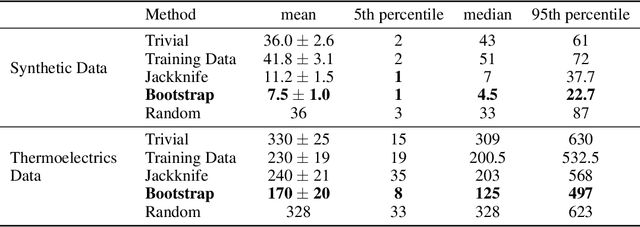
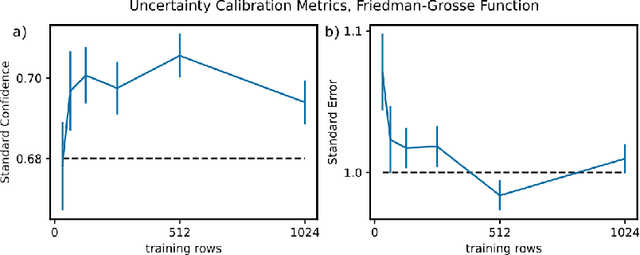
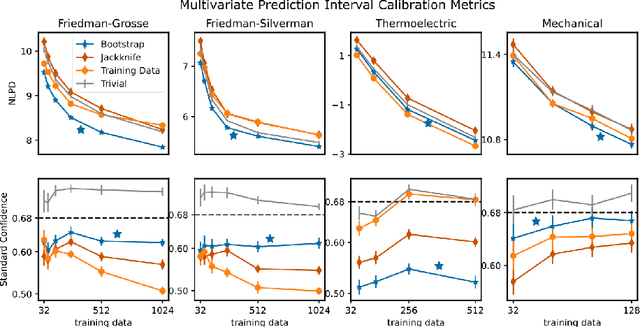
Abstract:Accurate uncertainty estimates can significantly improve the performance of iterative design of experiments, as in Sequential and Reinforcement learning. For many such problems in engineering and the physical sciences, the design task depends on multiple correlated model outputs as objectives and/or constraints. To better solve these problems, we propose a recalibrated bootstrap method to generate multivariate prediction intervals for bagged models and show that it is well-calibrated. We apply the recalibrated bootstrap to a simulated sequential learning problem with multiple objectives and show that it leads to a marked decrease in the number of iterations required to find a satisfactory candidate. This indicates that the recalibrated bootstrap could be a valuable tool for practitioners using machine learning to optimize systems with multiple competing targets.
Building Data-driven Models with Microstructural Images: Generalization and Interpretability
Nov 01, 2017

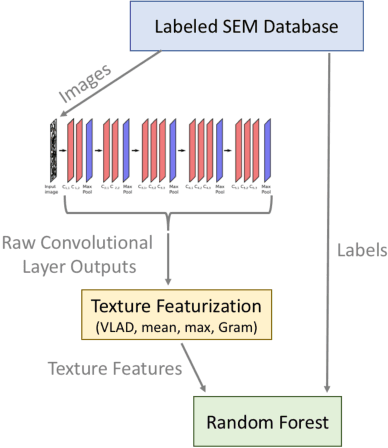
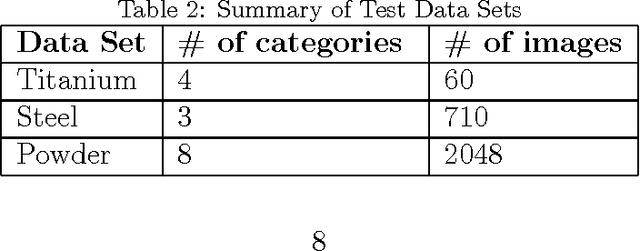
Abstract:As data-driven methods rise in popularity in materials science applications, a key question is how these machine learning models can be used to understand microstructure. Given the importance of process-structure-property relations throughout materials science, it seems logical that models that can leverage microstructural data would be more capable of predicting property information. While there have been some recent attempts to use convolutional neural networks to understand microstructural images, these early studies have focused only on which featurizations yield the highest machine learning model accuracy for a single data set. This paper explores the use of convolutional neural networks for classifying microstructure with a more holistic set of objectives in mind: generalization between data sets, number of features required, and interpretability.
 Add to Chrome
Add to Chrome Add to Firefox
Add to Firefox Add to Edge
Add to Edge